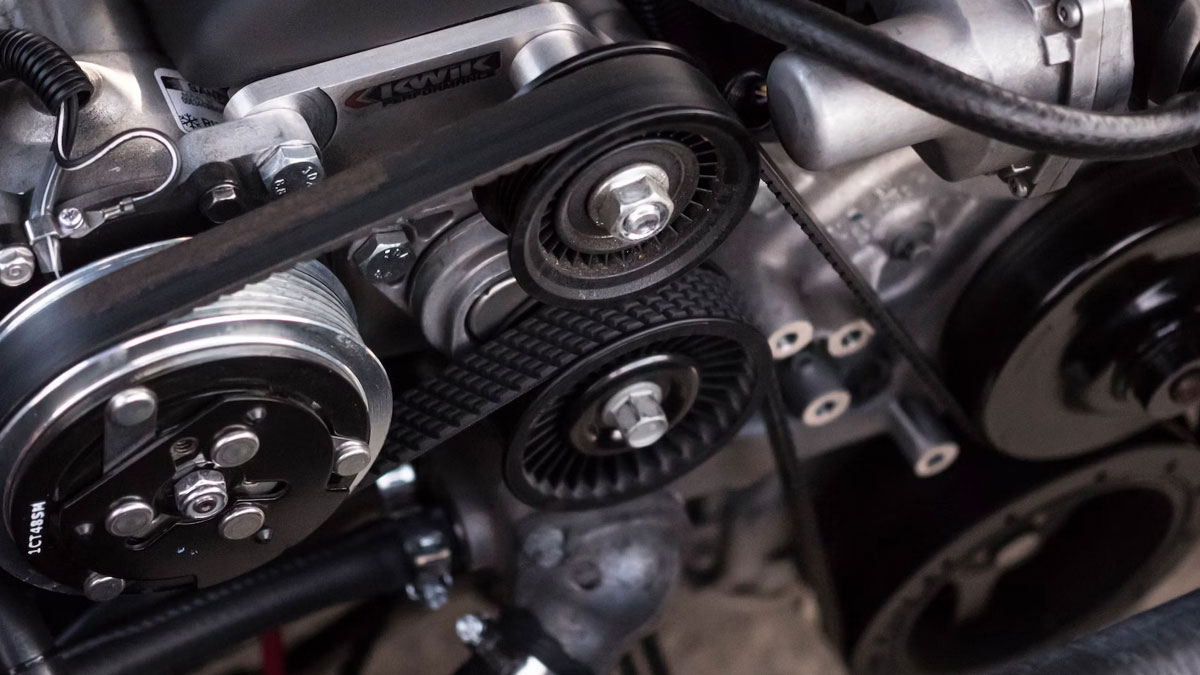Update on Energy Efficiency Requirements of Exports of Electricals to Saudi Arabia

27 Aug 2015
Exporters must ensure that electrical motors comply with energy efficiency requirements per SASO IEC 60034-30, and testing must be conducted by SASO-approved laboratories
Energy Efficiency Requirements for Electric Motors
Following the previous circular issued by SASO which requires compliance of electrical motors to the energy efficiency requirements per SASO IEC 60034-30. Exporters should ensure that testing of electrical motors under the scope of the Energy Efficiency Requirements is performed by SASO-approved laboratories.
These are laboratories that have acquired approved registration in accordance with the guidelines set by SASO including the mandate that laboratories must include in their scope SASO IEC 60034-30 (or IEC 60034-30).
All submitted test reports will be subject to checking for this requirement before acceptance once the EER registration for electric motors has been fully established by SASO.
SASO also announced the exemption of Electric motors imported as integral components for manufacturing a final product locally in Saudi (e.g. air conditioners, pumps, etc.).
To obtain the exemption, exporters should follow the procedures on the Mechanism of Exemption using the Saudi Customs exemption system.
Air Conditioners, Washing Machines, Freezers & Refrigerators
All Exporters of Air-conditioners, Washing machines, Freezers, and Refrigerators should meet the minimum star rating in addition to compliance with the respective SASO standards for Energy Efficiency Labelling.
| Product | Minimum Star Rating |
|---|---|
| Washing machines (≤ 12kg) | 4 |
| Freezers & Refrigerators (≤ 30ft3) | 1 |
| Window type A/C (CC ≤ 24000 BTU/hr) | 5 |
| Window type A/C (24000 < CC ≤ 70000 BTU/hr) | 3 |
| Split type A/C (CC ≤ 70000 BTU/hr) | 7 |
Manufacturers/exporters of AC/Spilt type should renew their EER certificate and labels (with 7 to 10 stars).
Lighting Products and Lamps
SASO has recently approved a technical regulation regarding the energy efficiency requirements for imported and locally manufactured lighting products in Saudi. Compliance with the technical regulations will start in the second quarter of 2016. The scope covers lamps working with flashing lighting and halogen techniques, Compact Fluorescent lamps (CFLi), and light-emitting diode (LED) lamps.